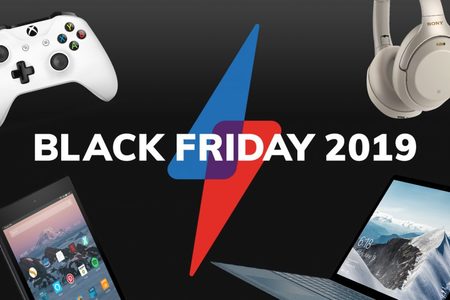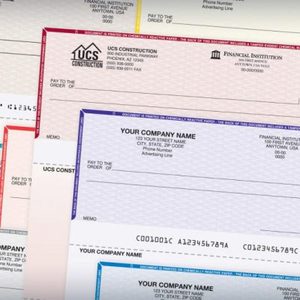Black Friday, the day-after-Thanksgiving (or day-OF-Thanksgiving) shopping phenomenon is once again on the horizon this week. Scrambling for the BEST deals of the holiday shopping season, millions of Americans flock to shopping centers and retail stores, before the turkey has even started to digest. Why should we take a moment to rethink this cultural and marketing apparatus?
You are a consumer.
Take a moment to really absorb that label. A consumer, a person who consumes. That is what we all are in the eyes of marketing and sales. BILLIONS of dollars are spent, not only on research to pinpoint the best way to target consumers and most efficiently separate you from your money, but also how to lull you even further into the model of consumerism to make you a better consumer (thus target for future sales!) Think about a nest full of baby birds, mouths agape. Consumers. That is what marketers and retailers want you to be. Mouth agape, waiting and hungry for more. I don’t know about you, but I don’t particularly find that model of consumerism to be an attractive one.. it goes hand in hand with:
The Cheapening.
America has always been a capitalist enterprise. There is nothing inherently wrong with a free market economy. The problem is rooted in the cheapening. Black Friday, and really, most modern selling in general, is in the constant grind to churn out MORE for LESS. To sell you MORE STUFF that costs LESS to make, requires MORE replacement and turnover to keep that wheel turning, and all of this is in order to be more competitive, both in the micro (product vs product) level and the macro (stock value vs stock value) level. I think we can all agree that most goods on the market today are not built to last. Take for instance my personal weakness, Apple Computers. When I go fork over $2999 for the latest MacBook Pro, even with Apple Care, I can only reasonably expect that investment to last the 3 years of warranty, plus a couple more years if I am lucky. In essence, I am only expecting a $3000 investment to last for 5 years, which is atrocious when you really think about it. How long can you reasonably expect that $299 Best Buy Black Friday deal that was cheaply constructed to be sold specifically on that day to last? Probably not very long. What are you willing to do for the privilege of dropping $300?
What is the cost?
Wait in line for hours? Climb over, shove through, press forward, shoulder to shoulder with hoards of your neighbors, to pledge your hard-earned money to the capitalistic ideal of a $300 laptop that market research and cheap labor has selected as the panacea to your technological woes? What about the hardworking Americans who are forced to leave (or skip-altogether) their own Thanksgiving gatherings in order to serve these hungry masses? What about your own Thanksgiving? Didn’t we all collectively give thanks, moments ago, for the bounty we already possess?
The modern ‘Black Friday’ is bad for business. and you.
The dark truth about Black Friday is that it is mostly bad. Small businesses can’t compete with the special deals offered by big-box stores, who purchase inventory at a cheap price specifically to sell to you on Black Friday. The economic engine of the United States relies on small and medium sized businesses. Small and medium sized businesses in the USA pay the highest taxes, and most of every dollar spent at a small business stays in your local economy. When you spend your money at the large, national retailers, your money mostly makes its way OUT of your local economy. When large retailers ‘cut costs’ to undercut the little guy, they do it by cutting quality, keeping wages low, cutting benefits, and so forth.
Think about this before you get caught up in the Black Friday frenzy this year. Those ‘good deals’ come at a cost. Are you willing to pay it?
Consider supporting your local small businesses this year on Small Business Saturday, and any other day of your choice 🙂
Jengas ♡




